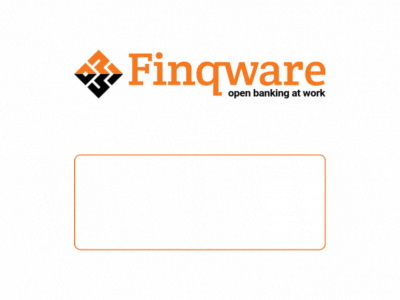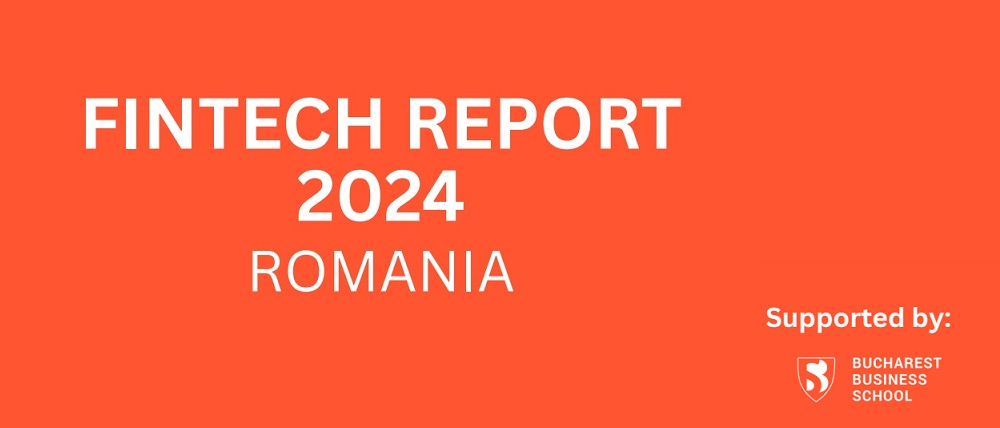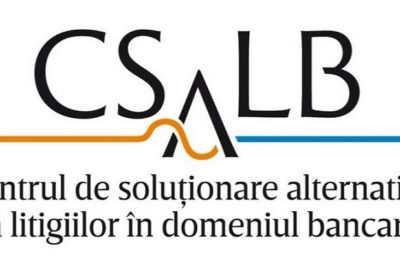Open banking’s green road towards a sustainable future

On World Environment Day, Salt Edge brings awareness to the importance of taking sustainable actions to prevent global warming. The article focuses on the environmental benefits of implementing open banking across various industries, like fintech, travel, and e-commerce.
Embracing “green” open banking
PSD2 regulations and open banking expansion encourage transparency, control over finances and competitiveness by mandating banks share data with third parties. These efforts promote innovations and economic progress, opening new investment opportunities like green technology or renewable energy while encouraging the financial sector to adopt ESG principles.
A recent survey by Economist Impact and Temenos found that 74% of the 300 banks surveyed are planning to invest more in sustainable projects in the next 5 years, while 73% will embrace ESG propositions by 2028.
As companies throughout the world attempt to diminish their environmental effect, sustainable open banking emerges as a powerful instrument for new solutions across several sectors. From transportation to energy and beyond, open banking promotes cooperation that reduces environmental impact while increasing efficiency and sustainability.
Let’s have a look at how open banking brings actual positive environmental impacts to some of the biggest industries by lowering CO2 emissions generated by their operations.
Travel industry
The World Resources Institute published a fresh report showing that travel and commercial industries are among the top 10 world CO2 emitters. Sustainable open banking technology plays a pivotal role in reducing the travel industry’s pollution impact. This can be achieved by allowing transportation services to connect directly to the user’s bank feed and use the account information to calculate the carbon emissions of travel purchases.
Transactional analysis and data aggregation can be used to determine the best transport options based on budget constraints or preferences, allowing travel companies to suggest personalised time- and money-efficient deals.
Based on the aggregated data, travellers obtain a clear overview of their environmental footprints from different travel choices, while transportation services can encourage conscious behaviour among customers. It is possible to achieve this by either rewarding customers for making eco-friendly choices, such as using online payments, or by providing options that automatically offset customers’s carbon emissions through supporting sustainable projects.
Find out more about how the travel industry can leverage open banking to overcome challenges.
E-commerce
Customers are now more aware of the impact of their day-to-day spending on the environment. With rising open banking technologies, consumers are more inclined to move their finances to sustainable banking institutions that provide tools for understanding their carbon footprint and helping offset their environmental impact.
E-commerce companies can reduce waste and overconsumption by utilising open banking data to predict consumer demand, ensuring only the necessary amounts are produced and distributed. This becomes possible by implementing data enrichment features that enable industry businesses to extract raw data from multiple sources and use machine learning algorithms to aggregate and categorise collected it into insightful reports, tracking spending habits and merchant preferences.
It facilitates businesses to boost consumer engagement, grow revenues, and acquire and retain customers. In consequence, users are determined to shop more responsibly based on the carbon score of their financial behaviour, and businesses can adjust their offers, not only making the shopping experience more pleasant but also encouraging sustainable shopping habits.
Climate fintech
Open banking enables fintech companies to offer digital tools and services useful for both companies and individuals to assess and minimise their carbon impact. It has the power to embed those innovations into a wide ecosystem of financial services, making the tools more accessible for both financial institutions and individuals.
Latest Global Markets Estimates research predicts the green fintech industry to grow at a 22.4% annual rate between 2024 and 2029. Climate fintech’s main concern is to reduce carbon emissions by helping individuals and companies make more conscious financial decisions and track their carbon footprints.
Is open banking signalling the end of greenwashing?
The World Business Council for Sustainable Development has reported a 25% increase in lawsuits involving ESG-related concerns in the finance industry over the past 30 years. The finance industry has been grappling with the issue of greenwashing, a deceptive marketing tactic that portrays a company as environmentally conscious and eco-friendly despite being the opposite.
The annual COP28 Conference raised awareness about how little effort is actually put into addressing these concerns; therefore, one of the resolutions was to oblige companies to adhere to ESG policies and provide access to their ESG reports transparently. Although recent Gitnux analysis on greenwashing shows that 59% of institutions claiming to be green lack accessible evidence, another 40% are exaggerating their impact. With open banking and unprecedented access to data, it becomes easier to be aware of the real value of those “green” claims. Individuals can better understand a brand’s environmental impact, while businesses can increase loyalty and user satisfaction by rewarding customers for choosing sustainable options, thus increasing profits.
The rise of ESG practices in fintech allows innovation-driven development of financial solutions that are considerate of environmental, social, and governance concerns. Blending ESG elements into open banking technology encourages accountability and transparency, lets investors make more conscious decisions, and pushes companies to disclose their ESG performance, minimising the risk of greenwashing.
Dariusz Mazurkiewicz – CEO at BLIK Polish Payment Standard
Banking 4.0 – „how was the experience for you”
„To be honest I think that Sinaia, your conference, is much better then Davos.”
Many more interesting quotes in the video below:












